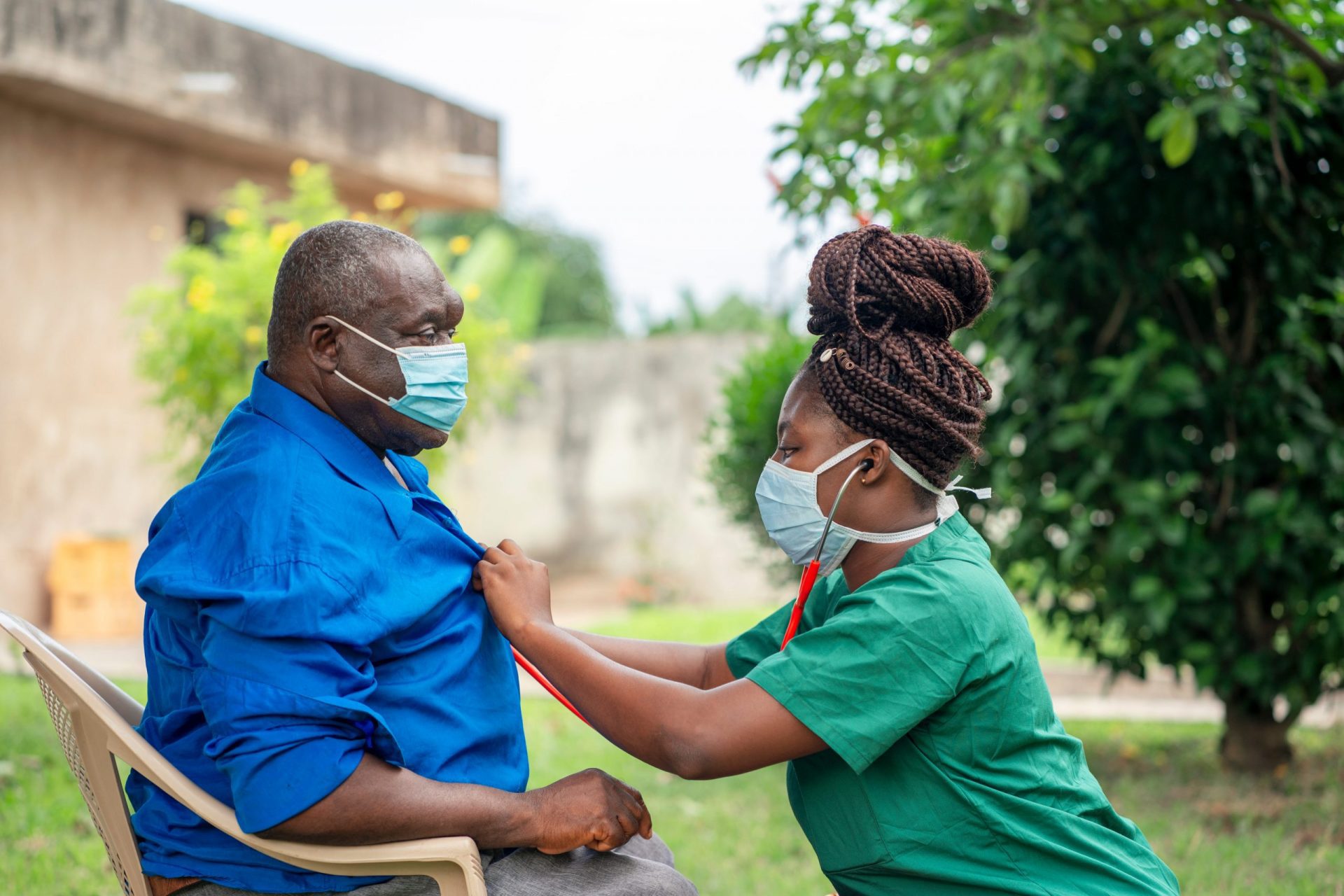Your blood type might seem like a minor detail in your medical history, but it carries significant implications for your health and medical care. From emergency transfusions to pregnancy planning, knowing your blood type empowers you to make informed health care decisions and could potentially save your life. This vital piece of information serves as a cornerstone for various medical procedures and health considerations throughout your life.
The foundation of blood typing
Blood types are determined by specific antigens present on red blood cells, creating the familiar A, B, AB, and O groups. Each type can be either Rh-positive or Rh-negative, forming a crucial classification system that impacts medical procedures and health outcomes. This complex system, discovered in the early 20th century, continues to guide modern medical practices and save countless lives through safe blood transfusions.
When it comes to transfusions, blood type compatibility is essential. Type O-negative blood can be given to any patient, making these donors particularly valuable during emergencies. Conversely, those with AB-positive blood can receive donations from any blood type, though they can only donate to other AB types. This intricate compatibility system requires careful matching to prevent potentially dangerous transfusion reactions.
Blood banks worldwide maintain careful inventories of different blood types, with some types being in particularly high demand. Type O-negative blood, while universal, is present in only about 7% of the population, making it a precious resource during emergencies. Understanding your blood type allows you to contribute effectively to this vital health care resource.
Pregnancy and blood type considerations
For expectant mothers, blood type awareness takes on additional significance. When an Rh-negative mother carries an Rh-positive baby, medical intervention becomes necessary to prevent complications. Health care providers can administer Rh immunoglobulin shots to protect both mother and child, but early identification is crucial.
The timing of these interventions matters significantly. Doctors typically administer preventive treatment around the 28th week of pregnancy and again within 72 hours after delivery. This protocol has dramatically reduced the incidence of Rh disease, which once posed a serious threat to newborns.
Health patterns linked to blood types
Recent scientific research has revealed intriguing connections between blood types and various health conditions. These associations help health care providers develop more personalized prevention strategies and treatment approaches:
- Type A individuals show higher susceptibility to cardiovascular issues and certain types of cancer, requiring vigilant preventive care. They may benefit from regular cardiovascular screenings and lifestyle modifications to manage these risks effectively
- People with type O blood typically face lower heart disease risks but may experience increased vulnerability to certain ulcers and infections. Their unique blood chemistry might influence how their bodies respond to various pathogens
- Type AB carriers might need to monitor cognitive health more closely, as studies suggest potential links to memory-related concerns. Regular cognitive assessments could be beneficial for early intervention
- Those with type B blood should stay attentive to diabetes risk factors and heart health indicators. This knowledge can inform dietary and lifestyle choices to minimize potential health risks
Discovering your blood type
Several reliable methods exist for determining your blood type, each with its own advantages:
Medical records often contain this information, though it may require some searching through past test results or surgical records. Blood donation centers automatically type your blood and share results after donation, making this a dual-purpose option that benefits both the donor and others. Laboratory testing through health care providers offers another definitive option, while reliable at-home testing kits provide a convenient alternative for those who prefer privacy.
Emergency preparedness
Time-critical medical situations demand immediate access to blood type information. Medical professionals recommend keeping your blood type recorded in easily accessible locations, such as your wallet or smartphone medical ID. Family members should also know this information to assist health care providers during emergencies.
Modern technology has made it easier than ever to maintain this vital information. Many health apps now include blood type in their emergency medical information sections, making it readily available to first responders even if a patient is unconscious.
Global health implications
Blood type distribution varies significantly across populations, affecting regional blood bank management and emergency preparedness. Understanding these patterns helps health care systems maintain adequate supplies and respond effectively to medical crises. In some regions, certain blood types are more common, while others may be extremely rare, creating unique challenges for blood banks and health care providers.
Genetic insights
Blood types follow inheritance patterns that can offer glimpses into family history. This genetic component makes blood typing valuable for understanding family health patterns and potential health risks across generations. Parents can use this information to better understand potential blood types in their children and prepare for any related health considerations.
Looking ahead
As medical science advances, the importance of blood type awareness continues to grow. Health care providers increasingly consider blood type when developing personalized treatment plans and preventive strategies. This knowledge helps individuals make informed decisions about their health management and potential risks.
The value of knowing your blood type extends far beyond emergency situations. It provides insights into potential health risks, guides medical decisions, and contributes to more effective health care planning. Taking the simple step of learning your blood type adds another tool to your health care toolkit, supporting better health outcomes and informed medical decisions throughout your life.
This story was created using AI technology.











